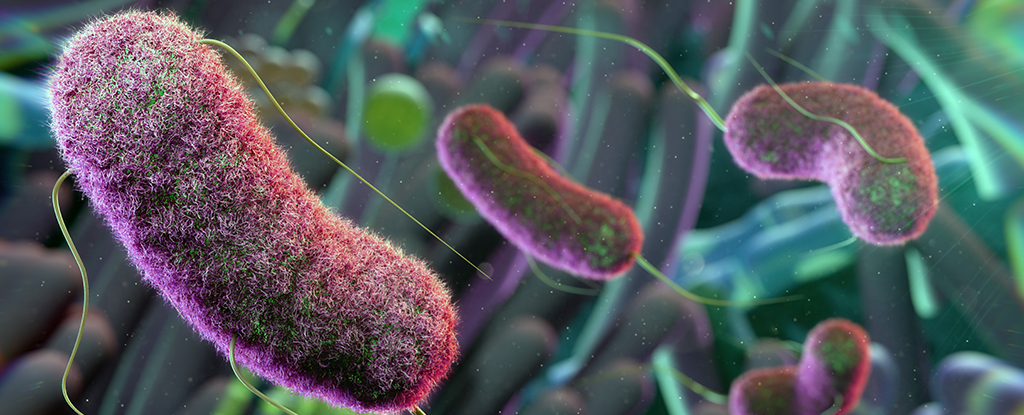Diets that are higher in fat and significantly lower in carbohydrates are known to have a drastic effect on reducing the incidence of seizures in individuals with drug-resistant forms of epilepsy, particularly among children.
While it’s becoming apparent the diet creates some sort of shift in the gut’s microflora, the precise nature of those changes and their connection to the prevalence of seizures remains a mystery.
In a prospective study on children and experiments involving mice, researchers from the University of California, Los Angeles (UCLA) bring us a step closer to understanding how the foods we eat alter the functions of microbes in our digestive system, which in turn affect a variety of neurological functions suspected to play a role in epilepsy.
Around 50 million people around the world experience recurrent storms of electrical discharge across the brain in what is diagnosed as epilepsy, resulting in anything from moments of inattention to severe convulsions.
Most benefit from medication, yet for around 30 percent, their condition is regarded as refractory, or treatment-resistant.
Famously referred to as a keto diet, a balance of nutrition that restricts the daily intake of starches and sugars has been touted as a means of losing weight since the 1970s.
While the keto diet’s health benefits for most people have been debated, there’s mounting evidence that fat-rich, carbohydrate-poor diets somehow reduce the risk of seizures in those with refractory epilepsy.
Studies estimate around 30 percent of children with treatment-resistant epilepsy become seizure-free while on the diet, while around 60 percent gain “substantial benefits” by having the frequency of their seizures more than halved.
Unfortunately, sticking to the diet can be a challenge. Children can be picky eaters as it is, without further restricting what they can eat. Throw in gastrointestinal issues, risk of kidney stones, and a variety of other side effects, and it’s little wonder that all but a handful will stick to the keto diet over the years.
By learning how a particular mix of nutrients results in neurological changes that reduce the chance of a seizure, researchers hope they can devise new treatments that don’t rely on such a tailored diet.
“Narrowing down the functions of the microbes that are beneficial toward seizure protection can potentially lead to new ways to enhance the efficacy of the ketogenic diet or to mimic its beneficial effects,” says the study’s lead author, UCLA molecular biologist Gregory Lum.
Working in the UCLA laboratory of biologist Elaine Hsaio, Lum led a team of researchers in an investigation that unveiled a critical network of interactions between the microbes in the guts of epileptic mouse models, the chemicals they produce, and the products of genes in the hippocampus.
After verifying the effects of a keto diet on the gut biomes of 10 children with pediatric refractory epilepsy at UCLA Mattel Children’s Hospital, Lum and his team conducted an experiment in which they introduced the children’s microflora into the guts of engineered mice.
Microflora samples collected from the children who had been on the keto diet for about a month proved to be more effective in reducing seizures in the mice than samples collected prior to the children commencing the diet.
The researchers also uncovered metabolic changes in both humans and mice related to energy production, amino-acid metabolism, and specific forms of oxidation of fatty acids.
Mice who received microbiomes altered by the keto diet were found to have changes in gene activity in the hippocampal area that have been previously linked to epilepsy.
Deducing how these changes specifically dampen conditions that give rise to seizures could point the way to drugs tailored to work where other medications have failed.
Even among those who never experience epilepsy, the research is just one more example of how the multitude of organisms living inside our guts play an integral role in determining how our entire body functions. It’s time we learned how to eat not just for ourselves, but for them as well.
This research was published in Cell Reports.





